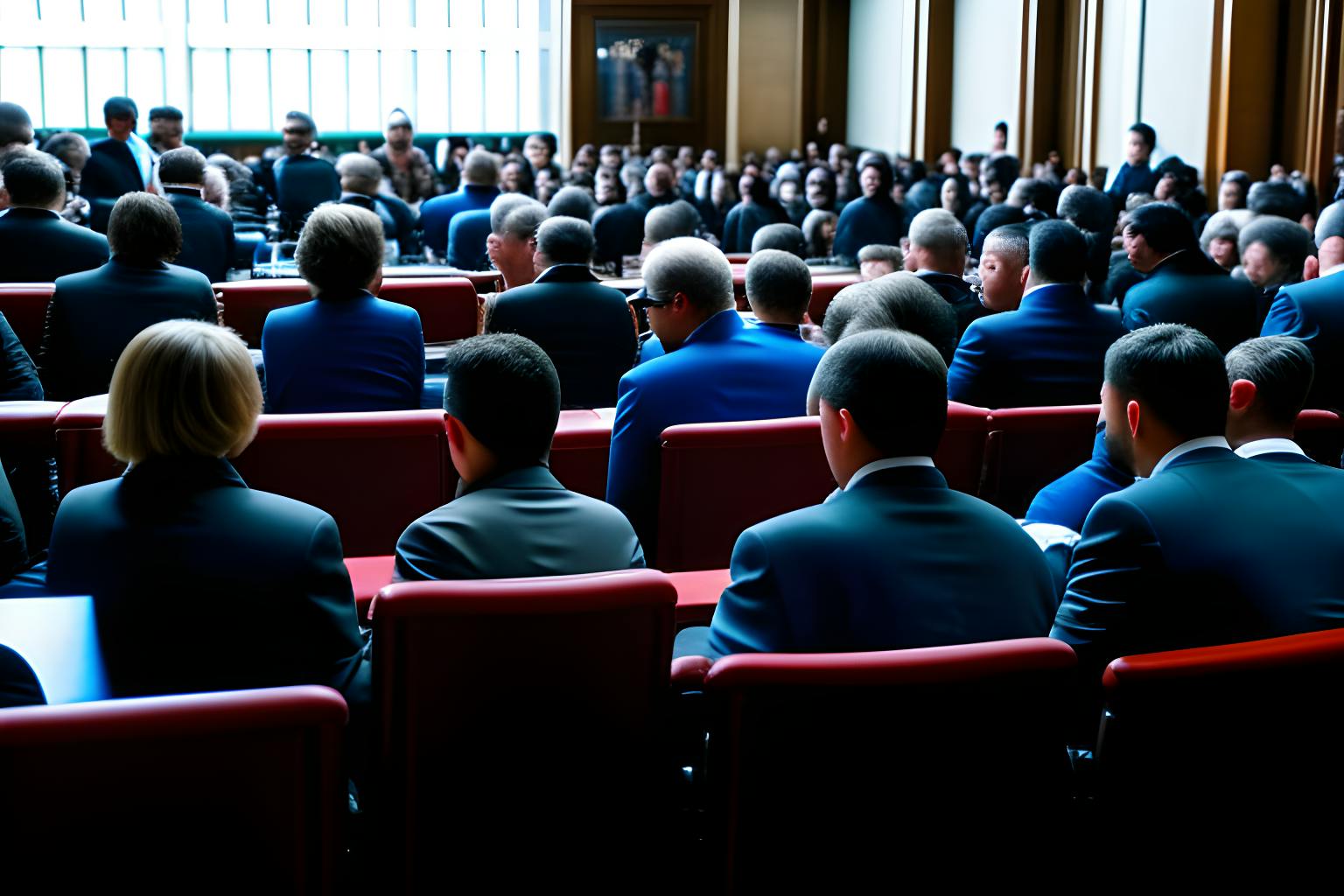UNITED STATES OF AMERICA v. SAMUEL BANKMAN-FRIED Court Filing Lewis A. Kaplan, December 9, 2022 is part of HackerNoon’s Legal PDF Series. You can jump to any part in this filing here. This is part 2 of 25.
PRELIMINARY STATEMENT
II. BACKGROUND TO ALL MOTIONS
A. The Cryptocurrency Industry and Its Rapid Growth
The allegations in the S5 Indictment span roughly four years—a lifetime in the context of the cryptocurrency industry. In 2019, total global cryptocurrency transaction volume was an estimated $64 billion per day.[1] By late 2021, total daily trading volume had reached a peak of approximately $344 billion.[2] In the span of a single year, the combined market capitalization of all cryptocurrencies grew from less than $200 billion in 2020 to nearly $3 trillion in 2021.[3]
The applicable legal framework for the cryptocurrency industry developed much more slowly. During the period relevant to the S5 Indictment, there was debate within the United States as to whether certain cryptocurrencies could even be regulated under the law (an issue that continues to be litigated to this day). Further, U.S. regulators and policy makers debated whether existing regulations could be applied to the cryptocurrency markets, or whether new rules would need to be created, and whether any U.S. regulations could be applied to foreign-based cryptocurrency companies, generally deciding they would not be. Legal uncertainty and ambiguity were common.
Despite these limitations and lack of fully developed oversight, the cryptocurrency markets functioned and became increasingly popular, handling larger and larger trading volumes.
[1] See Global Cryptocurrency Market Cap Charts, COINGECKO, https://www.coingecko.com/en/global-charts (last visited on May 7, 2023).
[2] See id.
[3] See id.
Continue Reading Here.
About HackerNoon Legal PDF Series: We bring you the most important technical and insightful public domain court case filings.
This court case S5 22 Cr. 673 (LAK) retrieved on September 1, 2023, from Storage.Courtlistener is part of the public domain. The court-created documents are works of the federal government, and under copyright law, are automatically placed in the public domain and may be shared without legal restriction.

